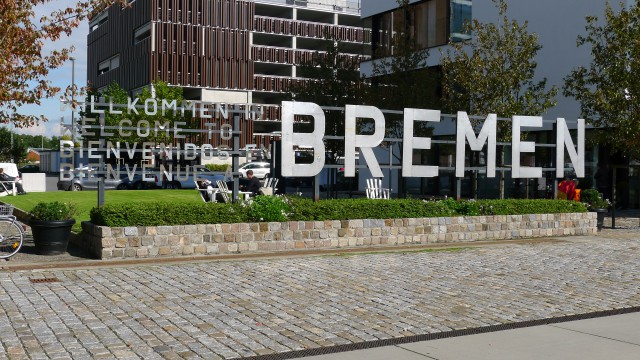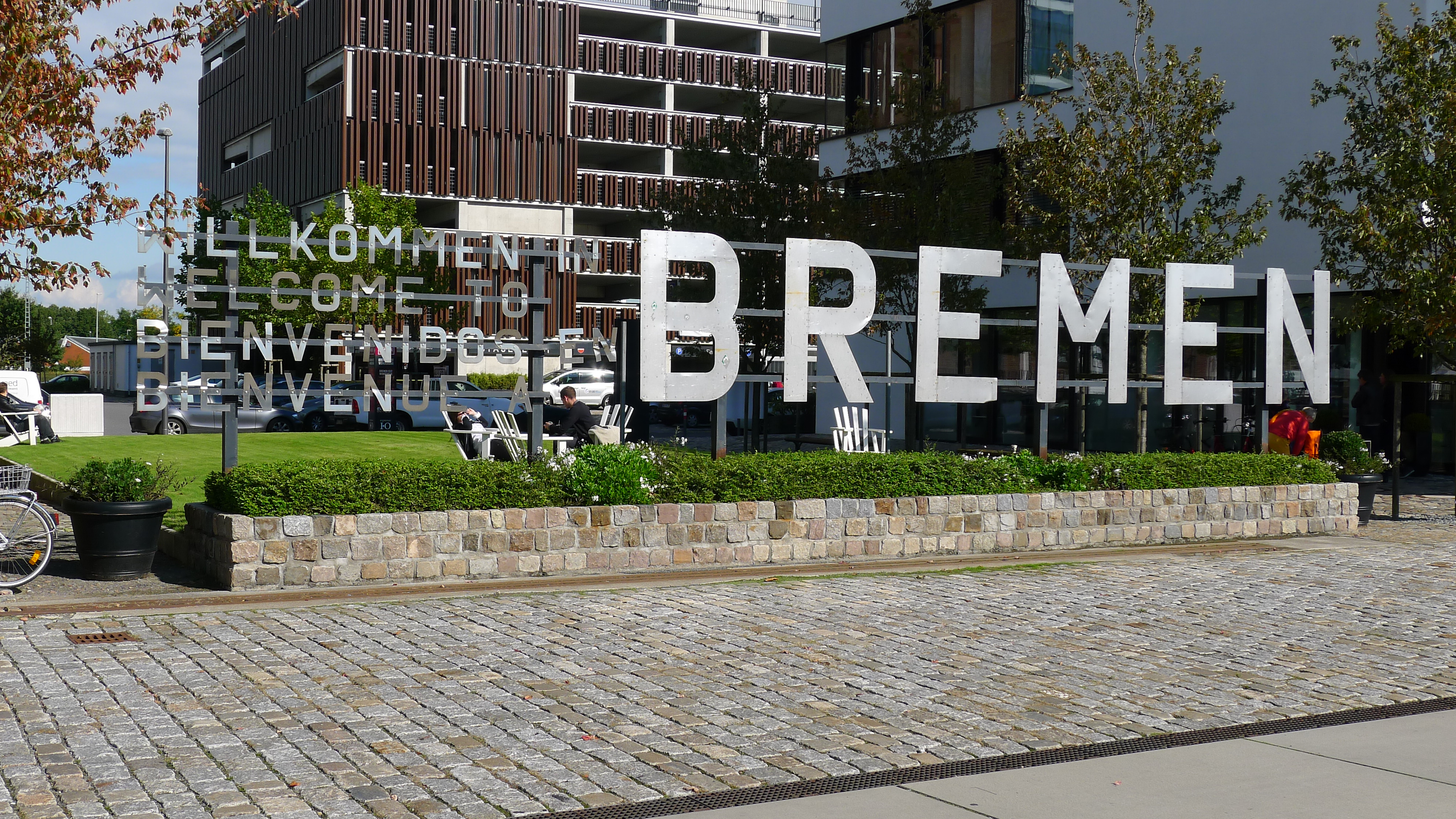In 2012 I moved from the Netherlands to Bremen, Germany. Both countries being part of the European Union, a work permit is not required.

Obviously, a lot of things are different in Germany and many information regarding this subject is available on the Internet. I found that many sources just repeat each other, and are not written by someone who actually did this. My information might help others with working and living in Germany.
1. Have a job arranged up front, without it, forget it. For me this part was easy, but make sure you speak the language “sufficiently”. I found that making language errors is not such a big deal. Germans know that their language is complicated and forgive you.
2. Get your stay arranged quickly. When your employer wants you to have a german bank account and banks want you to have an official address (i.e. not a hotel room) and you landlord expects you to have a german bank account you might get into a catch 22..
3. Register with the local community (“Stadtamt”) ASAP. They will register you with the local tax authorities which will assign you a Tax-ID which your employer needs. (potential catch 22 again..) Note that a hotel address is accepted by the “Stadtamt”.
4. Then there’s such a thing like “Kirchensteuer”. Most foreigners moving to Germany don’t know it and don’t want to pay it (on average 8% of your income). When you register with the local community, you will be asked for your religion. Be aware that your answer has financial impact..
5. Get you health assurance arranged (“Krankenkasse”) ASAP. The health insurance company is paid by you through your employer, but you have to choose one and your employer needs to know which one you choose, otherwise he cannot calculate your net income.. Note that when your earnings are above a certain level, you can (but not must) apply with a private health insurance company (“Privat Versicherung”). Your registration with the health insurance company also gets you registered for your state pension (“Renteversicherung”). Note that this gets you another ID, next to your “Steuer” and “Krankenkasse” IDs.
6. Get a professional passport photograph. Although privacy is very important in Germany, you’ll enjoy having such a picture at hand. For example, it’s normal for an employer to request your picture as part of your job application. (“Bewerbungsfoto”) Don’t go with crappy webcam pictures.. (and best wear a suit and tie).
7. Enjoy your first salary, earned in Germany. Taxes are lower then in the Netherlands, cars are cheaper, and a company car is taxed much lower (12%/year). Plus, your savings are taxed based on their yield, not based on their amount, which is fair since interest on savings is very low these days.
8. Regarding driving a car in Germany; get to know the traffic rules and fines ASAP. For example, failing to stop for a red traffic light, and getting caught, will cost you 90 euros excluding administration costs plus one point in “Flensburg”. But, if the radar detection system has measured that the traffic light was red more then 1 (one) second, before you passed the detection zone, you’ll have your drivers license revoked for one month, no exceptions. That’s why everybody in Germany hits the breaks when the traffic light turns yellow.
You already guessed it, I got one point…and a nice photograph with the passenger sitting next to me being grayed out … Gründlich …
